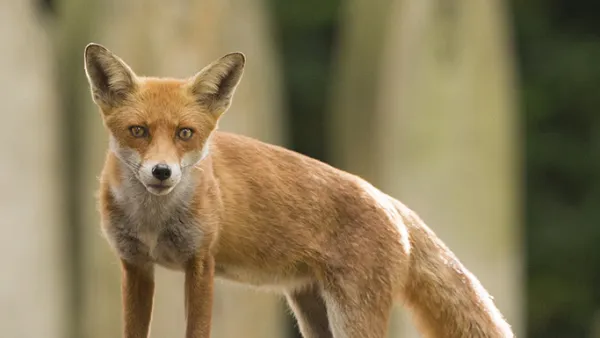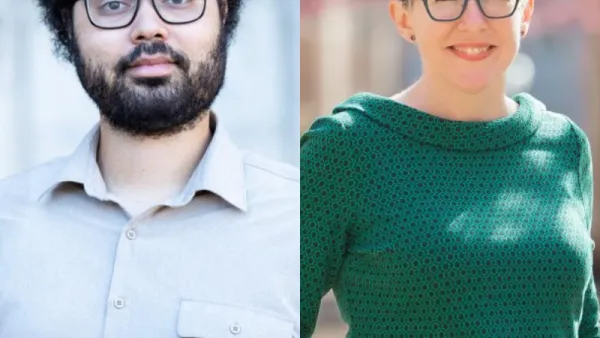The Program in Public Scholarship, an A&S signature initiative, seeks an experienced media professional to executive-direct an ambitious new effort to increase the circulation and adoption of methods, ideas, and practices.
Apply to our open position for a Director of Public Scholarship.
I’m a university professor, but I’ve never only been one. I have worked as a technologist and game developer and consultant and designer, among other things. Those varied perspectives and experiences have helped me become a better researcher and educator.
Among those other things, I’m a professional writer and editor. I got into this kind of by accident. As a video-game and computing scholar, it was easy to find topics of interest to audiences broader than researchers and students. So I wrote for trade and specialty outlets, and that led to bigger outlets and more opportunities. For the last decade or so, I’ve been a contributing writer at The Atlantic, an identity that has become as important to me as any other.
There, I’ve commissioned and edited hundreds of scholars' work, helping it reach a bigger audience and thereby to gain different (notice I didn’t say more important) impact. I’ve also done that with the Object Lessons book series at Bloomsbury, with my collaborator Christopher Schaberg.
Schaberg and I enjoyed that work so much, we wanted to do even more of it. Among other things, we got two grants from the National Endowment for the Humanities to run workshops on public scholarship for academics from all disciplines, all across the country. That was great, but one problem came up over and over again: Without a system and a standard to support and facilitate public scholarship, academics weren’t really sure how to approach it.
When I arrived at Washington University in St. Louis last year, I pitched the Dean of Arts & Sciences, Feng Sheng Hu, on an idea: let’s institutionalize public scholarship. Dean Hu was already supportive of different ways scholarship could be judged as impactful — not just for the impact itself, but also for performance reviews, promotion, and tenure. He was also leading a new strategic planning effort in which better connecting the university to the world was going to become a major goal. But he also immediately saw the benefit of creating an infrastructure to help interested faculty and students conceptualize, frame, develop, sell, and disseminate their work beyond the obvious channels.
That idea became the Program in Public Scholarship, a new signature initiative in Arts & Sciences, which I am co-directing with Adia Harvey Wingfield, a professor of sociology. The program has many plans it hopes to implement in the coming years, from career development opportunities for students and faculty to guidance for consulting, service, and commercialization. But to start, we’re launching what amounts to a talent agency inside WashU A&S.
Up until now, all my efforts supporting public scholarship have been borrowed from my “real” duties. To signal our commitment to this effort and to its results, we’re bringing in a full-time staff to facilitate public scholarship across the school and the university. We’re now accepting applications for the first role in this team, a Director of Public Scholarship. This individual, who we will recruit from the media and publishing industries, will build a team for public scholarship that will advocate for and facilitate this work across all the Arts & Science departments, programs, and centers. The director will also build a team that will carry out internal programming, help faculty and students develop projects with an eye toward broader impact, and facilitate placement of work, agency-style, in magazines, newspapers books — and media of all kinds.
Our faculty and students — and I want to call them our talent, because that’s what they are — will have access to dedicated expertise in framing ideas for and selling them to the communities outside the university. And the media professionals who join us will gain access to a league of world-class talent — not to mention a reprieve from the fickle instability of the media business.
We hope you will join us in this unprecedented experiment to build an organization inside a top research university that will unlock its creativity and talent for the benefit of the broader public.


